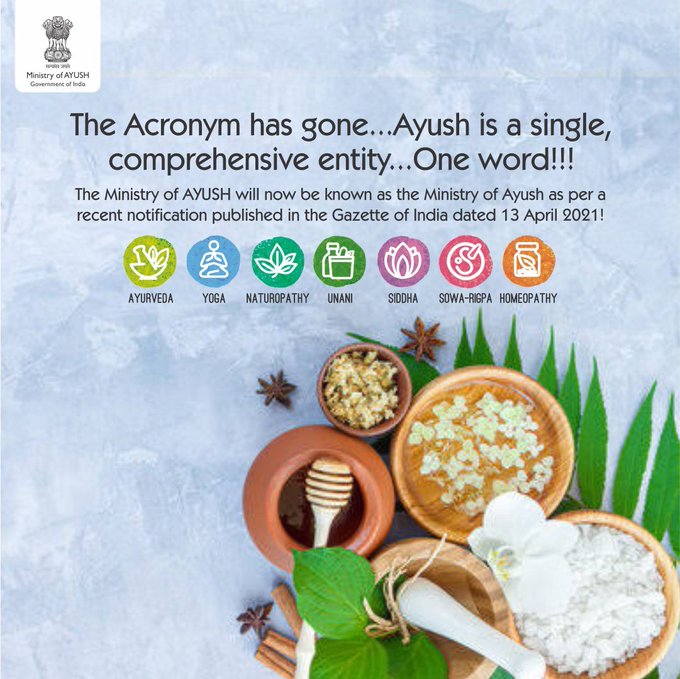New Delhi, July 18, 2024 — Union Minister Dr. Jitendra Singh highlighted the crucial role of technology in revolutionizing healthcare, underscoring its importance for making healthcare more accessible and affordable. Speaking at the 2nd “Healthcare Summit” organized by the American Chamber of India (AMCHAM) at Hotel Taj, Dr. Singh emphasized India’s significant strides in the healthcare sector and its emergence as a global leader in biomanufacturing and medical tourism.
In his opening remarks, Dr. Singh, who serves as the Union Minister of State (Independent Charge) for Science and Technology and holds several other significant portfolios, expressed gratitude to AMCHAM for organizing the summit. He stated, “I am pleased to be part of this gathering, discussing healthcare, a subject close to my heart.”
Dr. Singh, a renowned endocrinologist with a career spanning over three decades, discussed the rising burden of metabolic disorders and the challenges posed by an increasing spectrum of diseases due to longer lifespans. He commended the summit’s theme, “Accelerating Innovative and Accessible Healthcare: Technology Transformation,” calling it highly relevant to India’s current health landscape and government initiatives aimed at ensuring affordable healthcare for all.
Highlighting India’s status as one of the top six biomanufacturers globally, Dr. Singh praised the country’s cost-effective and efficacy-based bio-manufacturing. He also pointed out that India has become a sought-after destination for medical tourism and is at the forefront of preventive healthcare.
“Prime Minister Narendra Modi envisions a healthy India by eliminating communicable diseases, reducing non-communicable diseases, and improving health indices,” Dr. Singh said. He noted India’s remarkable feat of conducting the world’s largest COVID-19 vaccination drive, which reaffirmed the government’s commitment to accessible healthcare for every citizen.
Dr. Singh outlined several key government achievements in the healthcare sector over the past decade, including the Ayushman Bharat scheme, which provides cashless medical treatment, and the Digital Healthcare Mission, which integrates various medical streams like Ayush. He emphasized that technology, especially AI and ML tools, plays a pivotal role in enhancing healthcare delivery by increasing efficiency, reducing wait times, and making services more accessible.
Sharing his experience with telemedicine, Dr. Singh illustrated how it has transformed healthcare delivery in remote regions, such as villages in Jammu and Kashmir. He also stressed the importance of public-private cooperation in healthcare, noting that private sector participation is crucial alongside government efforts.
Dr. Singh highlighted the significant growth in India’s space sector, which has attracted over Rs 1,000 crore in private investment and increased the number of startups from one in 2022 to more than 200. He also commended the Department of Biotechnology for fostering research and development in translational health sciences, noting that the bio-manufacturing sector has grown tenfold from $13 billion in 2014 to $130 billion in 2024.
Addressing the pharmaceutical sector’s contributions, Dr. Singh noted that India supplies four out of every ten prescriptions filled in the U.S., showcasing the country’s pharmaceutical manufacturing capabilities. He emphasized the importance of the India-U.S. partnership in healthcare innovation and delivery.
The summit also featured notable participants including Ms. Ranjana Khanna, Director General and CEO of AMCHAM; Mr. Som Satsangi, Chairman of AMCHAM and Senior Vice President and MD, India at Hewlett Packard Enterprise; Dr. Rajeev Singh Raghuvanshi, Drug Controller General of India; Mr. Madan Krishnan, Vice President and Managing Director for the India Subcontinent at Boston Scientific; and Mr. Chaitanya Sarawate, Managing Director at Wipro GE Healthcare.
In conclusion, Dr. Singh’s address underscored the Indian government’s commitment to leveraging technology for a healthier nation and fostering international collaborations to advance healthcare globally.











